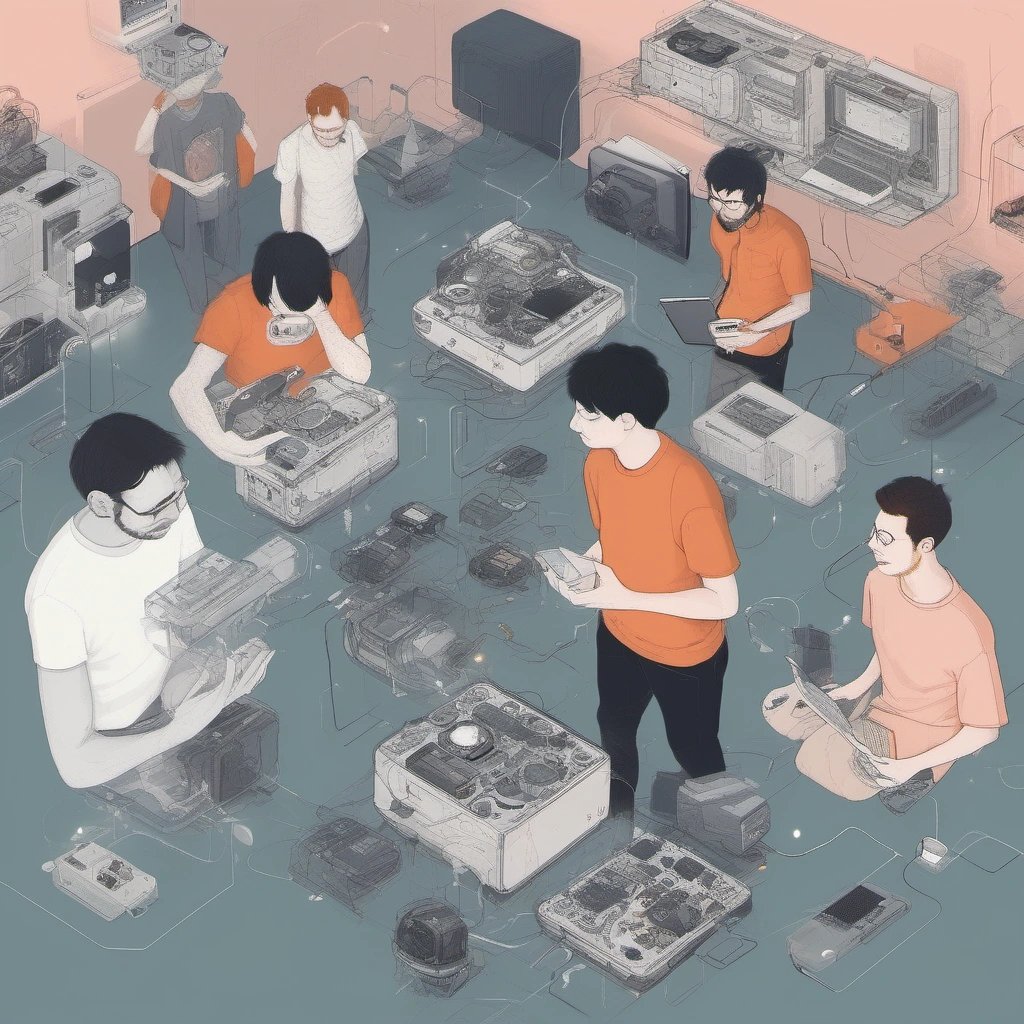In a move that has left the tech world scratching its collective head in confusion, Linux, the popular open-source operating system, has made a mind-boggling decision to remove driver support for hardware that has never existed. This perplexing choice has left users and developers alike wondering: What exactly is Linux trying to achieve?
The announcement came as a shock to the Linux community. In the past, the operating system has been known for its extensive driver support, ensuring compatibility with a wide range of hardware. But now, Linux seems to be taking a decidedly different approach by removing support for non-existent devices.
Many users are left wondering why Linux would make such a puzzling decision. Is it a cost-cutting measure? Are they trying to streamline their support services? Or is this some sort of elaborate prank aimed at confusing tech enthusiasts? Whatever the reason, it seems Linux is determined to forge ahead into uncharted territory.
The impact of this decision is yet to be fully understood. Some developers argue that removing support for non-existent hardware will free up resources and allow Linux to focus on more practical advancements. Others, however, worry that this move could alienate users who rely on Linux for its robust driver support.
One user, who preferred to remain anonymous, shared their frustration with the change: "I've been using Linux for years, and the broad driver support was one of the main reasons I chose this operating system. Now, it feels like I'm being left high and dry with no explanation."
Speculation about the motives behind this decision abound. Some conspiracy theorists claim that Linux is trying to revolutionize the tech industry by forcing hardware manufacturers to create new, imaginary devices that Linux can then provide drivers for. Others believe that Linux is simply upholding its reputation for pushing boundaries and taking unconventional approaches.
Regardless of the reasoning, one thing is certain: Linux has once again proven itself as a trendsetter in the tech world. While other operating systems strive to support the latest and greatest hardware, Linux has taken a bold step in a different direction – a direction that no one even knew existed.
As users and developers attempt to navigate this uncharted territory, one thing is clear: Linux remains committed to its mission of providing an open and innovative operating system. Whether it's supporting real hardware or imaginary devices, Linux continues to challenge the status quo and keep the tech world on its toes.
So, if you find yourself perplexed by Linux's decision to remove driver support for hardware that has never existed, you're not alone. It's a puzzling choice that has left many scratching their heads. But perhaps this move is a reminder that in the world of technology, anything is possible – even drivers for hardware that only exists in our imaginations.




